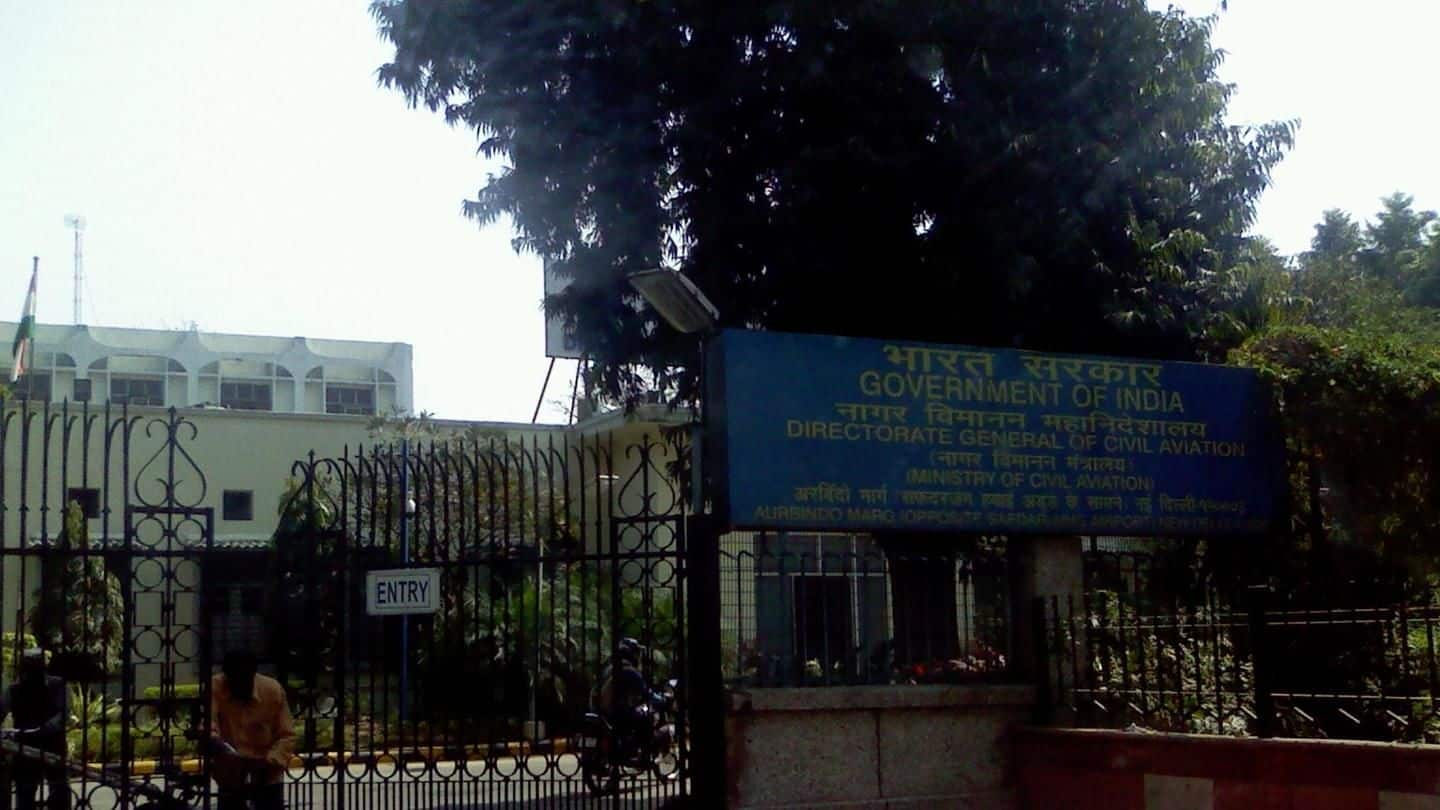
DGCA moves NGT, says it's impossible to dump poop mid-air
What's the story
The Directorate General of Civil Aviation (DGCA) has moved National Green Tribunal (NGT) seeking a stay and review of its December 20, 2016, and January 10 orders, which asked airlines to pay Rs. 50,000 as environmental compensation if their planes dump waste mid-air. However, the aviation regulator claimed, "It was impossible to dump human waste mid-air from aircraft toilet." Here are more details.
Expert Committee
Aircraft has three levels of in-built external protection
The petition has referred to the findings of the expert committee, constituted by NGT, and said the aircraft system has three levels of in-built external protection for disposing the waste and under no circumstance release of waste during flight is possible. "The modern-day airline can only be disposed of by manual operation on the ground during its servicing," the plea said.
Allegations
Petitioner alleged feces were splattered from aircraft on his house
A petition was filed by Lt Gen (Retd.) Satwant Singh Dahiya and others alleging that feces were splattered from aircraft on his South Delhi house before Diwali in 2016. The tribunal then constituted a committee to ascertain whether it was human or bird excreta. The committee members said there were traces of fecal coliform in samples, indicating presence of human waste.
Petitioner's reply
NGT seeks petitioner's reply by May 23
A bench headed by Justice Raghuvendra Singh Rathore issued notices to the original petitioner Dahiya and others while seeking their replies by May 23. Aviation regulator DGCA had maintained that it was impossible to dump human waste mid-air from aircraft toilet, and bird droppings had landed on the complainant's house, after which the green panel had ordered testing of the excreta samples.
Information
Check whether toilet-tanks are empty while landing: NGT to DGCA
The NGT had also asked the DGCA to carry out a surprise inspection of aircraft landing at the airport to check that their toilet tanks are not empty while landing and prevent waste from being splashed over residential areas and any other place before landing.